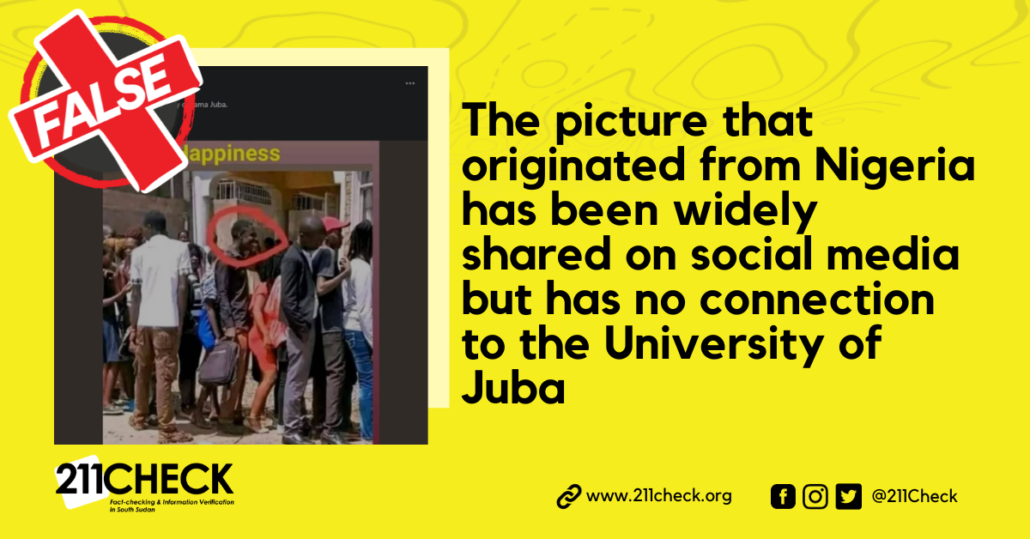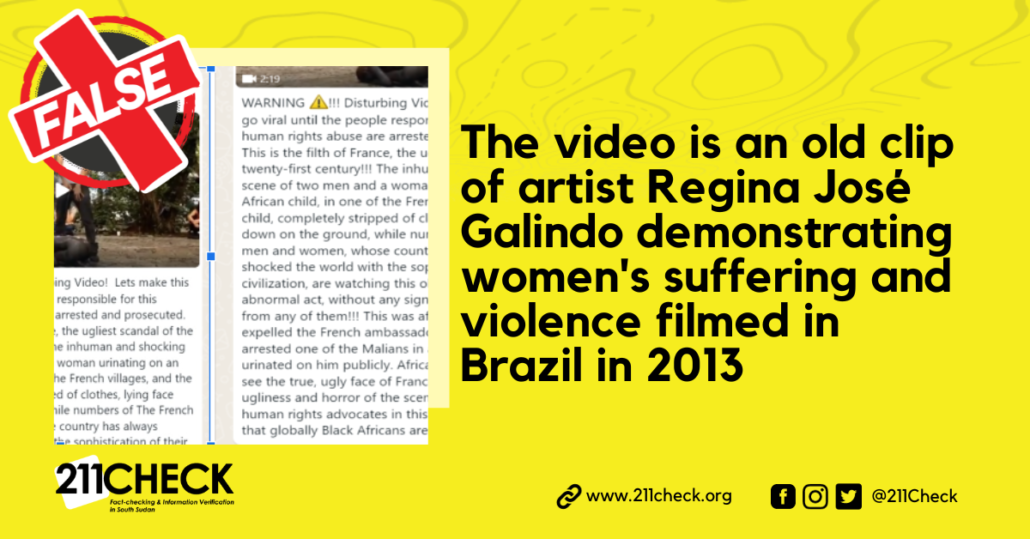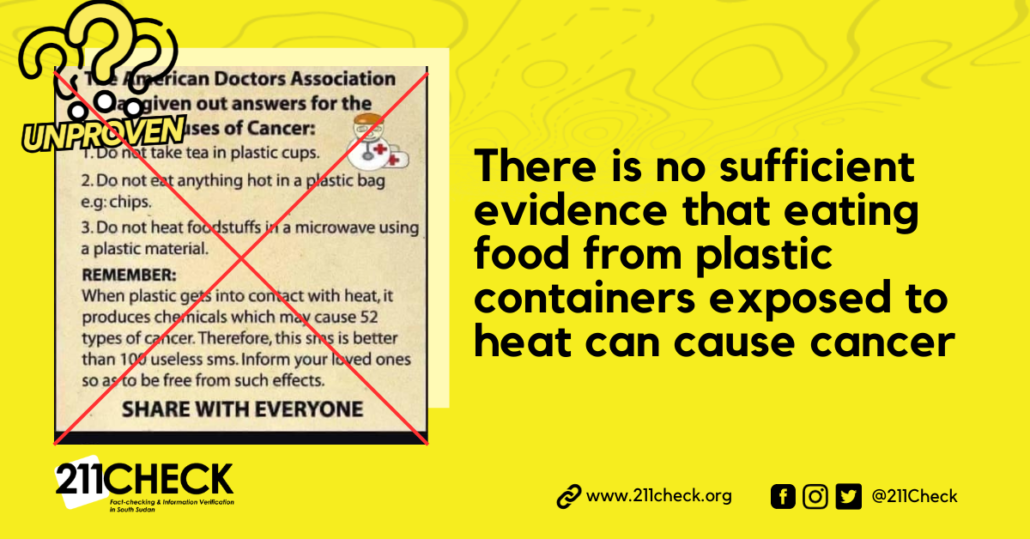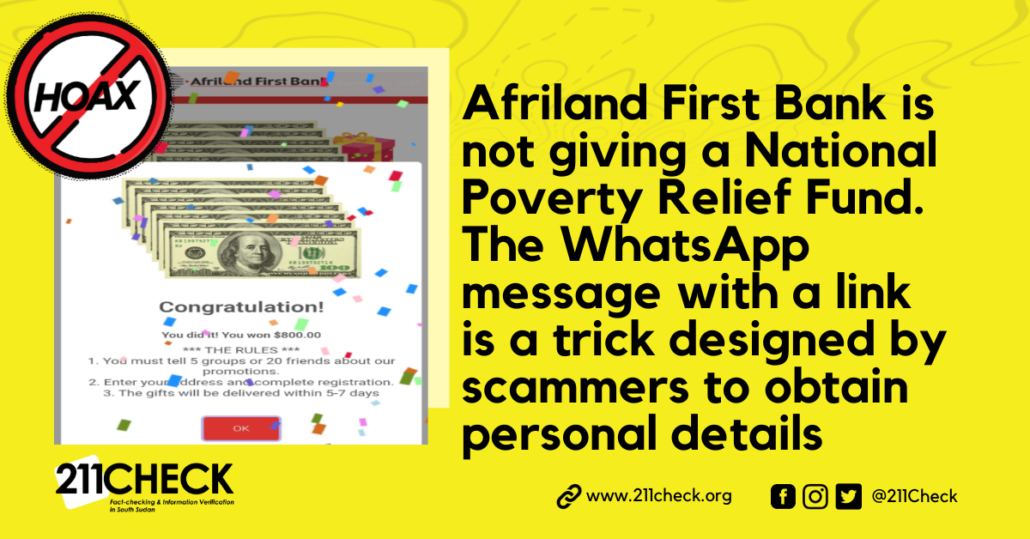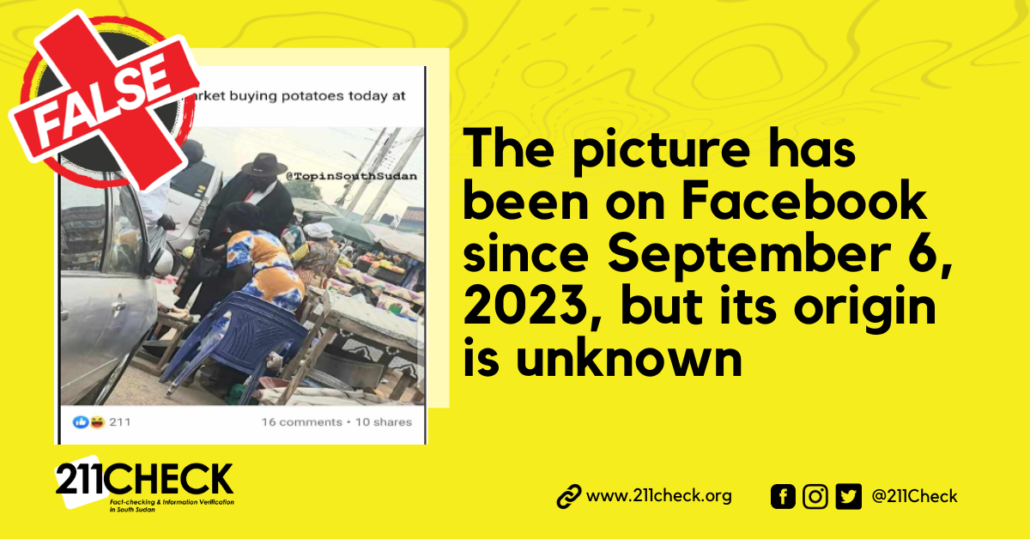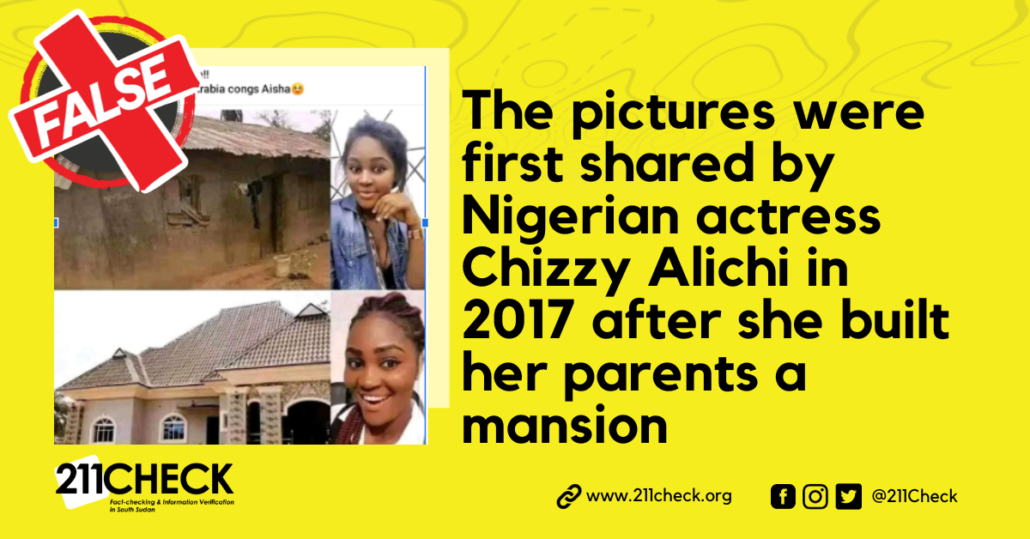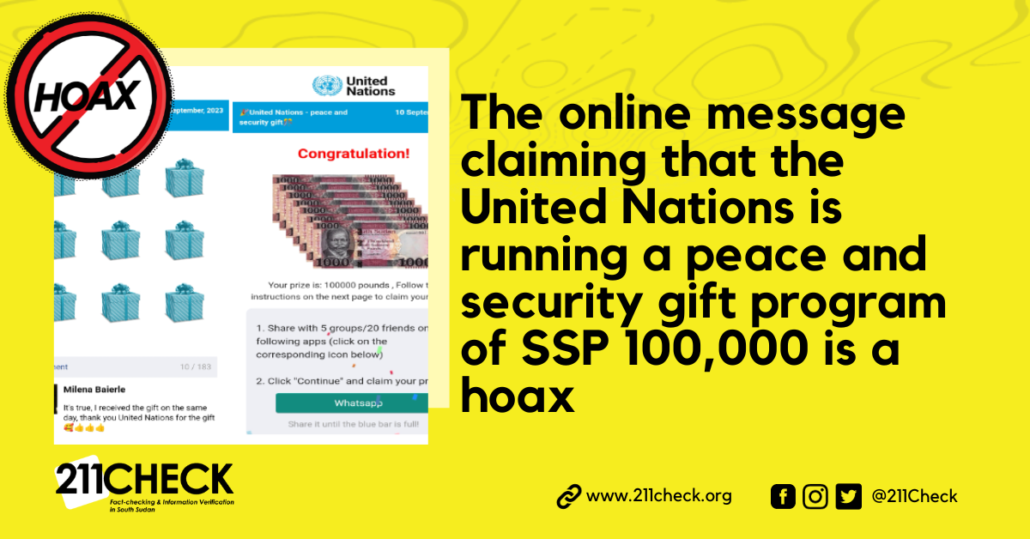Fact-check: South Sudanese youth didn’t burn houses at the Nadapal border post last week
Kapoeta East County Commissioner says some houses were burnt by fire that wasn’t completely put off following a honey feast by visitors in the area.
Writer: Kei Emmanuel Duku
Video footage posted on Turkana TV, a Facebook page with over 39,000 followers, showing houses burning immigration and customs houses in Nadapal is false.
The video posted on Monday, September 18, 2023, claimed Toposa youth from South Sudan burned immigration and customs offices at the Nadapal border post between South Sudan and Kenya.
The Nadapal belt stretches 25 kilometres (16 mi) southward from the border with South Sudan to Lokichogio in Kenya. The village of Nadapal lies on the road between Narus in South Sudan and Lokichogio. The area has been the scene of violent clashes between Toposa and Turkana pastoralists, traditional rivals.
In the video, it can be seen clearly that one of the houses is still in flames while the other two, the roof, have been raised down by the fire, but the walls remain. Also, in the video, a group of people could be heard talking in a local language, and another man dressed in a cap and shirt walking. By the time of putting this write-up, the video had gotten 3.9 Views, 22 comments, over 170 interactions and 10 shares.
Claim Verification:
A day after the post was made, Eye Radio quoted the Commissioner of Kopoeta East in Eastern Equatorial State, Abdalla Angelo, who confirmed that there was “NO” fighting between the Trukana of Kenya and Toposa youths from South Sudan in the bordering town of Nadapal.
He, however, confirmed that some youth from the Turkana tribe of Kenya came to Nadapal to do a honey feast, but they didn’t completely put off the fire they had used for harvesting the honey and, in the process, burning some houses.
No credible media reported about the incident, and a search using Google Lens showed that only Turkana TV shared the video and the news.
Alternatives towards Peace:
The two pastoral communities have been in conflict for a long time, resulting in the loss of lives and destruction of properties, but mid-this year, officials from the Kenyan Government paid a visit to Torit, Eastern Equatoria State Capital, to find lasting solutions to the conflict
Similarly, as a way to foster unity among the two communities, Williams S. Ruto, President of Kenya and his counterpart Slava Kiir from South Sudan agreed to implement joint Infrastructural projects along the border to facilitate trade, movement of labour and unity between the two conflict troubled communities
Conclusion:
211 Check found the claim in video footage posted by The Turkana TV on Facebook that South Sudanese youth burned immigration and customs houses at Nadapal false.
Kapoeta East County Commissioner says some houses were burnt by fire that wasn’t completely put off following a honey feast by visitors in the area.
A publication under 211 Check’s ‘Fact-check for a pay’ Initiative with Support from the International Fact-checking Network through the BUILD grant.
To ensure accuracy and transparency, we at 211 Check welcome corrections from our readers. If you spot an error in this article, please request a correction using this form. Our team will review your request and make the necessary corrections immediately, if any.
It’s vital to fight misinformation and disinformation in the media by avoiding fake news. Don’t share content you’re uncertain about. False information can harm and mislead people, risking their lives—Fact-check before sharing. For more details, visit https://211check.org/ or message us on WhatsApp at +211 917 298 255. #FactsMatter


